5 Signs Your Business is Ready for Retail ERP
Any retail operator can tell you that there are several moving parts to any successful business. These would include managing sales, ensuring you have enough stock, managing the financial side of the business, dealing with staff, and trying to meet customer expectations.
Which is to say that doing retail is a complex affair. You have to carve out a share of a very competitive market.
You won't be able to remain profitable by staying complacent. Continuous improvement and process optimization is part of the retail environment.
How do you get ahead in retail? Not by sticking to worn-out, dated, and inefficient manual processes—that's for sure! You have to remain ahead of the innovation curve.
You have to implement the right technology to manage all this complexity and edge out the competition. For many retailers, that means investing in retail ERP (Enterprise Resource Planning) software.
In this article we will give a brief overview of Retail ERP and discuss the signs that show that your business needs to adopt Retail ERP to get ahead.

What is Enterprise Resource Planning (ERP) software?
ERP technology is software designed to integrate the various aspects that make up the back office operations of a modern retail outfit.
There are many types of ERP systems available in the market today. But the central function of any ERP revolves around creating a database that brings together business data from all your core business functions into a central hub.
This database is then shared across all your business units, bringing all your employees up to speed with the same information. This ensures that all your business teams have access to the same data set.
The free flow of data allows you to streamline all your business functions and ensure that everyone has access to the right data to do their job.
A typical ERP system will comprise several, separate modules. Usually it takes some technical expertise to ensure that all these modules synchronise properly, as they have to share communication on a continual basis to run efficiently.
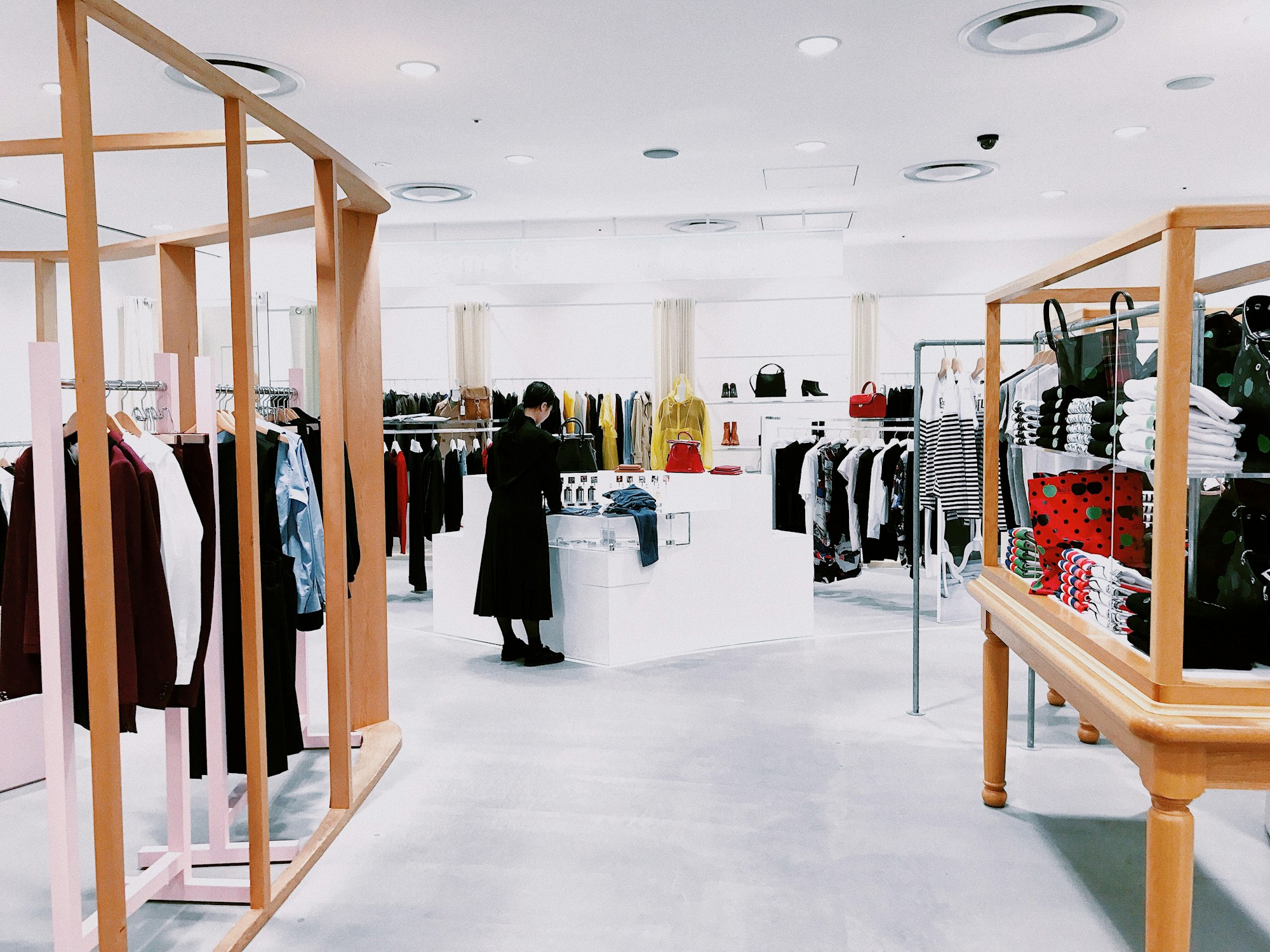
What distinguishes Retail ERP?
Retail ERP is a subset of ERP systems specifically tailored for the retail environment. Retailers have specific business needs that are not necessarily shared by other types of businesses.
That is why a Retail ERP is streamlined by stripping away unnecessary modules that make up a typical ERP system—modules that would be completely redundant in a retail environment.
The first and obvious benefit of providing a streamlined ERP specifically tailored for retailers, is cost. Usually ERP vendors charge a set fee per additional ERP module. So why should a retailer pay for modules they would never use nor need?
But there are further advantages to creating a paired-down ERP for retailers. Most retailers don't do manufacturing, which means they don't have to deal with bills of materials. So those modules are usually stripped from a retail ERP package.
The result is that the software runs faster, requires fewer computing resources, and is easier to implement in a retail outfit. The decreased complexity also makes the software easier to maintain. All of these benefits have real-world cost benefits for retailers.
Usually in a Retail ERP system, a specific module is included to handle all Point-of-Sale duties. The benefits of including POS in your Retail ERP system is obvious: both need to share data for the systems to work effectively.
You don't want data from the POS to be siloed on the platform as this negates the whole reason for implementing a Retail ERP in your business in the first place.
When there is no easy flow of information, it becomes impossible for the system to do number crunching on your sales data to produce useful business intelligence. This hampers effective decision making and will ultimately hurt sales and impact your customer experience negatively.
Many retailers specifically request an ERP system that is stripped of an integrated Point-of-Sale (POS) module. This is because they already have a system in place to handle their POS functionality.
This approach does carry some risk, however. The retailer would have to ensure that their current POS system integrates with their Retail ERP.
For both systems to function correctly, you need a continuous and unfettered flow of data between the POS and the ERP. This complicates the implementation of the ERP system and can cause delays in the rollout of the new system.
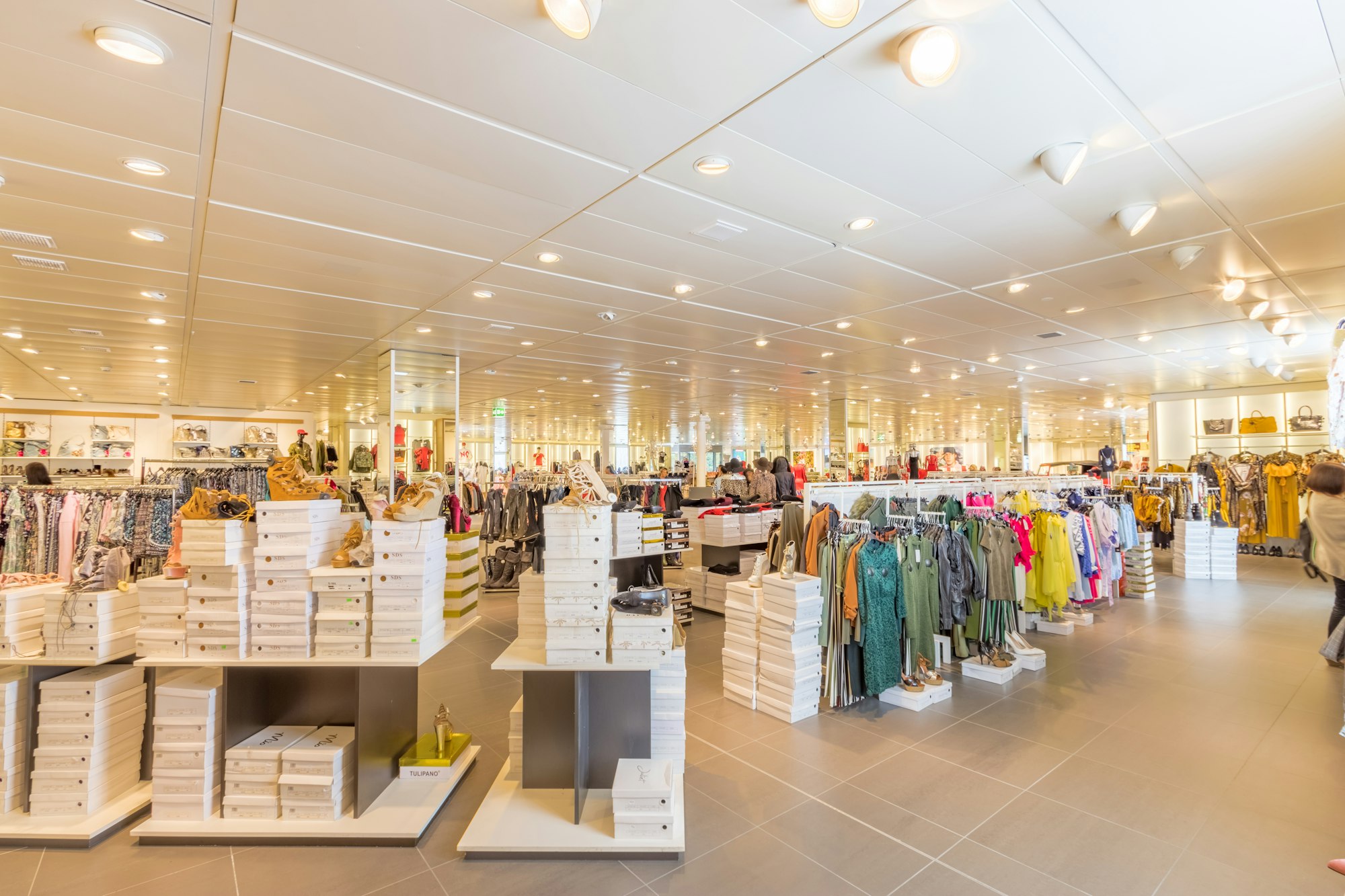
Signs your business is ready for Retail ERP
From the previous discussion, it becomes easy to understand why many retailers consider ERP to be a valuable tool in their outfit.
Transitioning your business to Retail ERP has several benefits. But does that mean that you need to use a Retail ERP system in your business? What are the signs that it's time to make the change?
Here are a couple signs that show that your business is not only ready for Retail ERP, but probably need a to get this technology upgrade as soon as possible:
Your business is unique — your software should be too. Let's talk about a system built around how you actually work.
Book a free consultation1. Doing the books is a serious ordeal.
One of the main benefits of ERP, is that it considerably simplifies your accounting. The software opens the door to integrated financial management. This means that you can keep track of business profitability on a continuous basis.
The system transitions your business away from using manual, paper-based order processing and invoices as well as disparate accounting systems that don't integrate with the rest of your business operations.
The system performs your accounting processing in the background while you're simply running your business. This will improve the productivity of your business, while boosting the accuracy of your accounting efforts.
At the same time, the system will be able to give you regular financial reports. Which means you don't have to input data into separate spreadsheets and process reams of data manually to get meaningful tracking data on your business operations.
The system will consolidate all your financial data across all your business units into a centralised hub. When all financial data is available in a unified database, your accounting staff will be able to produce proper financials in record time—boosting productivity and giving you instant feedback on the state of your business.
What took bookkeeping staff days or months to achieve, can now be achieved in a matter of seconds.

2. You have too many competing systems
What usually happens in a growing retail outfit is that the business collects several disparate systems to handle different parts of its operations. So, for example, the business would use one system to handle sales, while a completely different, incompatible system handles the accounting.
Which means that data has to be transferred manually between systems. This turns normal business operations such as order fulfilment and turns it into an administrative nightmare.
What you need is a unified system that integrates all of these business functions. A Retail ERP will be able to consolidate all of these different systems into a central hub using a unified database.
This will instantly simplify higher-level business functions like inventory management, tracking sales, doing payrolls, optimising your shipping strategies, and so forth.
This produces actionable information based on solid data available to all your business units—in real time, with unparalleled accuracy. This will allow management to make solid, data-based decisions and will improve the overall efficiency and profitability of your company.
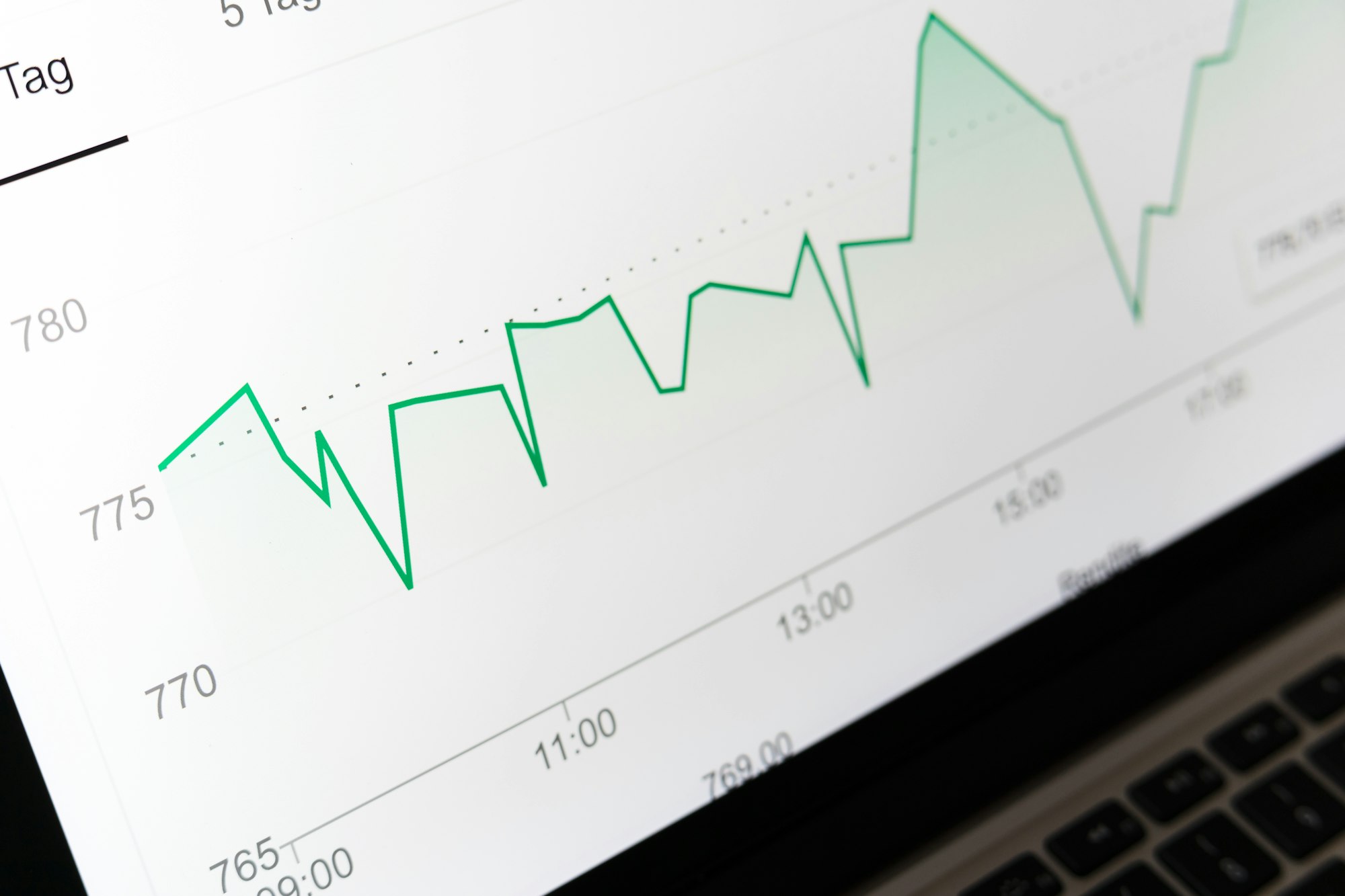
3. Getting meaningful data is a nightmare
This brings us to the next point. How easy is it in your current setup to extract meaningful business intelligence from your data?
For example, how easy is it to draw a graph showing your month-over-month growth? How much time and effort will it take for you to produce such a graph? What about getting accurate, current data on your business performance—such as the profitability of a specific sales channel, or the average sales margins across all your channels?
When you don't use a dedicated technology platform like Retail ERP to handle your business data, your data processing will probably take too long to make meaningful, daily predictions and decisions based on the data.
In the modern, ultra-competitive retail environment, you won’t get ahead by relying on spreadsheets to process your business data. You have to move away from using separate systems with siloed data.
The ideal is for employees to be able to access meaningful business data at a click of a button. You don't want them to dig through mountains of paperwork just to figure out if you turned a profit this month!
One of the main benefits of Retail ERP is its centralised database which makes up-to-date, accurate information available to all your business units at all times—which is the type of data your employees need to do their jobs properly.
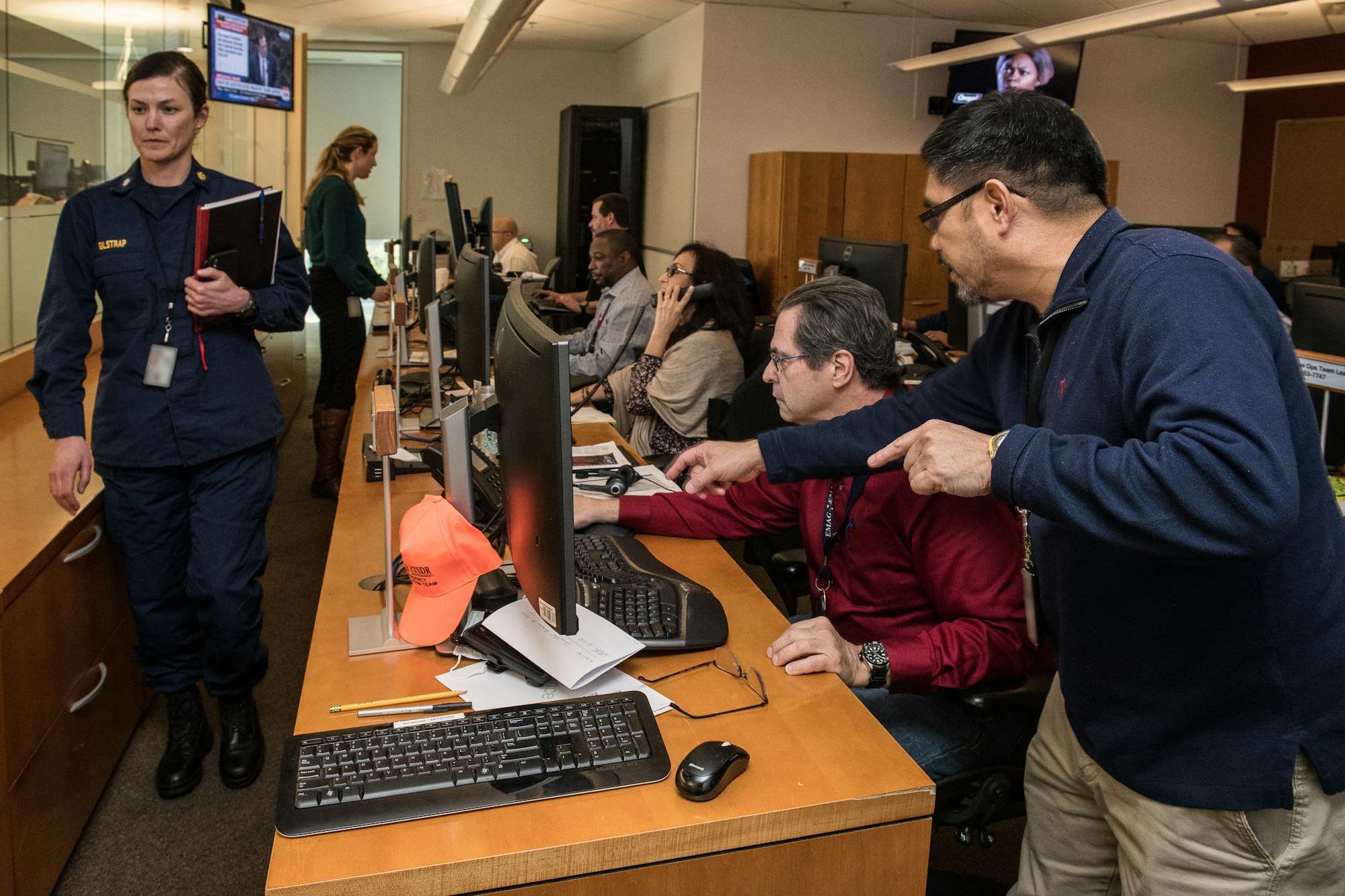
You shouldn't need to find workarounds.
Let's build the software so you won't have to.
4. Your customers have started to complain
Managing the inventory of a small retail outfit is a piece of cake, and you will be able to use paper-based or spreadsheet systems to do the job.
But as your business grows, effective inventory management quickly becomes a lot more complicated to achieve. To run a profitable retail outfit, you always have to have the right products available, in the right quantities, at the right locations, at the right time.
If you run out of a popular product, you will lose sales. You don't want to sit on your hands waiting for the next shipment to come in while your profits tank!
If a customer wants to know when the next shipment will arrive, you need to be able to give them an accurate, quick answer. Otherwise you will get a bad reputation in the market and your customer satisfaction numbers will drop.
A Retail ERP will keep track of inventory numbers company-wide, so that all staff members have access to current and accurate inventory numbers.
Which means you will be able to answer all your customer inquiries quickly and truthfully. They will be able to give feedback on the status of an order or any other service-related issue without having to phone a different department for an update.
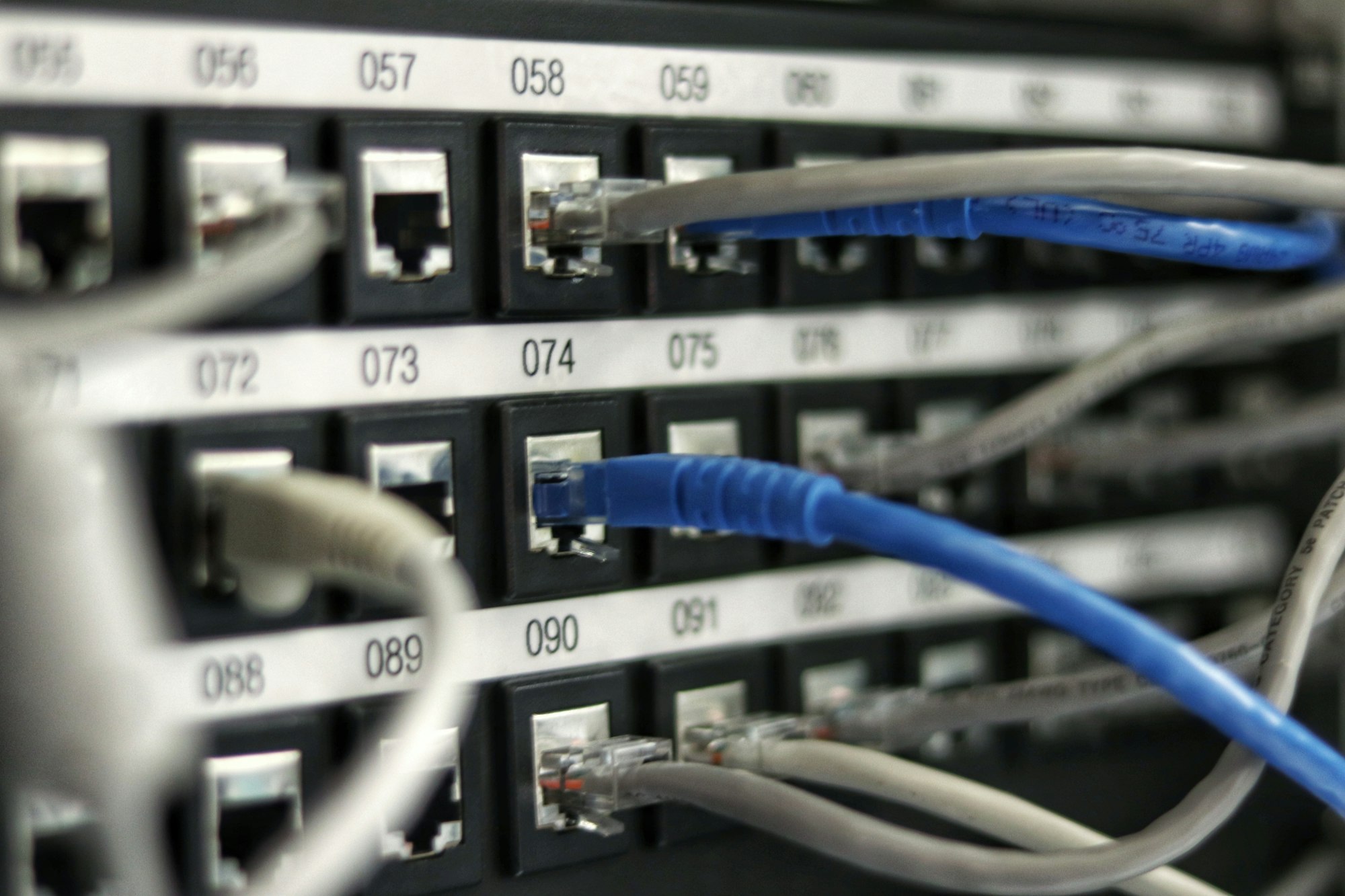
5. Your IT management is a mess
When the different functions in your business are handled by disparate processes and technologies, your IT department will have a hard time.
It isn't easy managing different systems, with different interfaces and data handling protocols, spread out across different business units. This becomes especially cumbersome if your IT department has to customise individual systems on a continuous basis so that they can share data equally.
Using different technologies and systems across your company inflates costs and wastes valuable maintenance time. Your software will become difficult to maintain and will probably not be updated regularly.
Which means that the benefits of using a unified, Retail ERP system becomes instantly apparent. All your business operations are handled by a single system, which makes data sharing and maintenance a breeze.
This will also make it easier for your IT personnel to scale your system as your business grows—without having to employ an army of IT personnel and wasting expensive developer time.
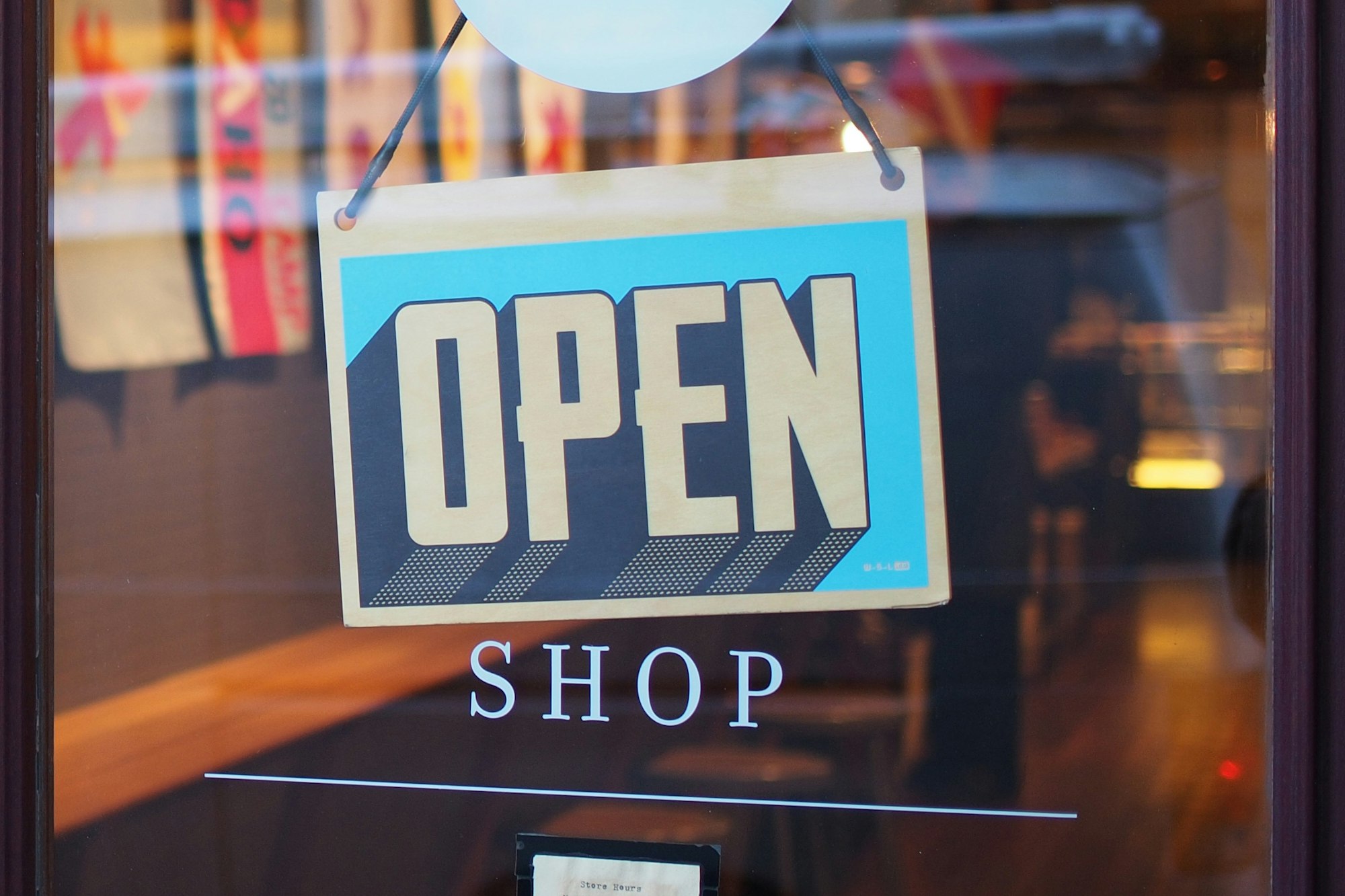
Conclusion
Once a retailer grows out of the start-up phase, it becomes necessary to consider streamlining and updating your core business functions. One solution that is specifically geared towards catering to the retail industry, is Retail ERP.
The benefits of using such a system are numerous. Firstly, it will allow you to instantly address bottlenecks in your order fulfilment, inventory management, and administration functions. The system will also allow you to remedy deficiencies in your daily operations.
Managing orders in a mid- or enterprise business can quickly become unnecessarily complex. When you use a Retail ERP, the system will be able to manage this complexity as the order moves through the relevant business units for processing.
Retail ERP is designed to automate information sharing between business departments. Which means that many time-consuming administrative functions can be completed by the system in a matter of seconds. This will end up saving you money in the long run. It will also buy you valuable business insight across your entire operation.
The software makes solid, actionable information available to decision-makers across all management levels of your company. Which means they will be able to make more accurate predictions to future sales numbers, make better inventory and buying decisions, and avoid costly human error.
In short, your business is ready to adopt Retail ERP if your goal is to:
- improve employee productivity;
- reduce human error;
- boost sales;
- boost your customer retention numbers; and
- gain more business insight from your sales and turnover data.
Not a bad proposition in the least! Retail ERP effectively lowers the cost of doing business. It allows you to streamline your operations, identify and eliminate redundant processes, improve your overall efficiency, and cut costs.